Central America
Nicaragua’s government expels bishops, priests, and nuns in religious persecution
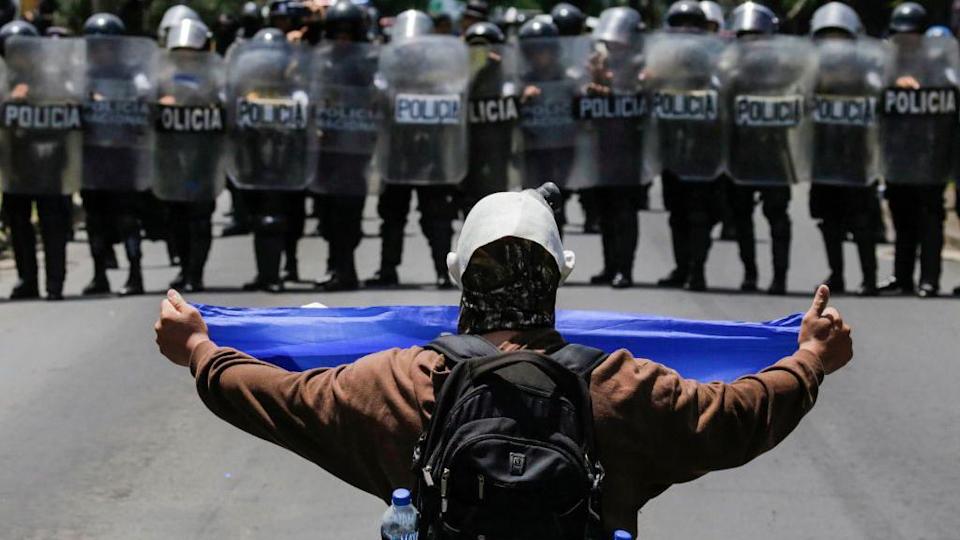
At least 261 religious figures, including the president of the Nicaraguan Episcopal Conference, Carlos Enrique Herrera, have been expelled as part of the persecution by Daniel Ortega and Rosario Murillo’s regime against the Catholic Church, reported the NGO Colectivo Nicaragua Nunca Más in its report Faith Under Fire.
The report details that among those expelled are bishops Silvio Báez, Rolando Álvarez, Isidoro Mora, as well as the Apostolic Nuncio in Managua, Waldemar Stanislaw Sommertag, along with approximately 140 priests, over 90 nuns, ten seminarians, and three deacons from different dioceses in the country.
“Since the expulsion of Nuncio Sommertag in March 2022, relations between Nicaragua and the Vatican have significantly deteriorated,” the NGO noted.
The report also documents the closure of 5,609 non-profit organizations, of which 1,294 were religious, including churches, universities, schools, clinics, and humanitarian organizations. Most of these had their assets confiscated by the Sandinista government. Additionally, the telecommunications regulator TELCOR shut down 54 media outlets, including 22 religious radio stations and TV channels.
Repression has extended to other religious denominations, with forced disappearances and criminalization of evangelical pastors, control over temples, media censorship, fiscal pressure, property confiscation, and the cancellation of legal status for the Moravian Church. Pastor Rudy Palacios remains in detention as part of this pattern of persecution.
The NGO emphasized that churches, especially the Catholic Church, played a key role in the 2018 national dialogue, denouncing abuses and providing refuge to injured protesters, which fueled the government’s hostility.
In 2023, Pope Francis described Ortega’s regime as a “blatant dictatorship”, to which the Nicaraguan president responded by dissolving the Society of Jesus and labeling the Church as a “mafia” and “anti-democratic.”
Central America
Guatemala seizes over a ton of cocaine hidden in flour at Pacific port
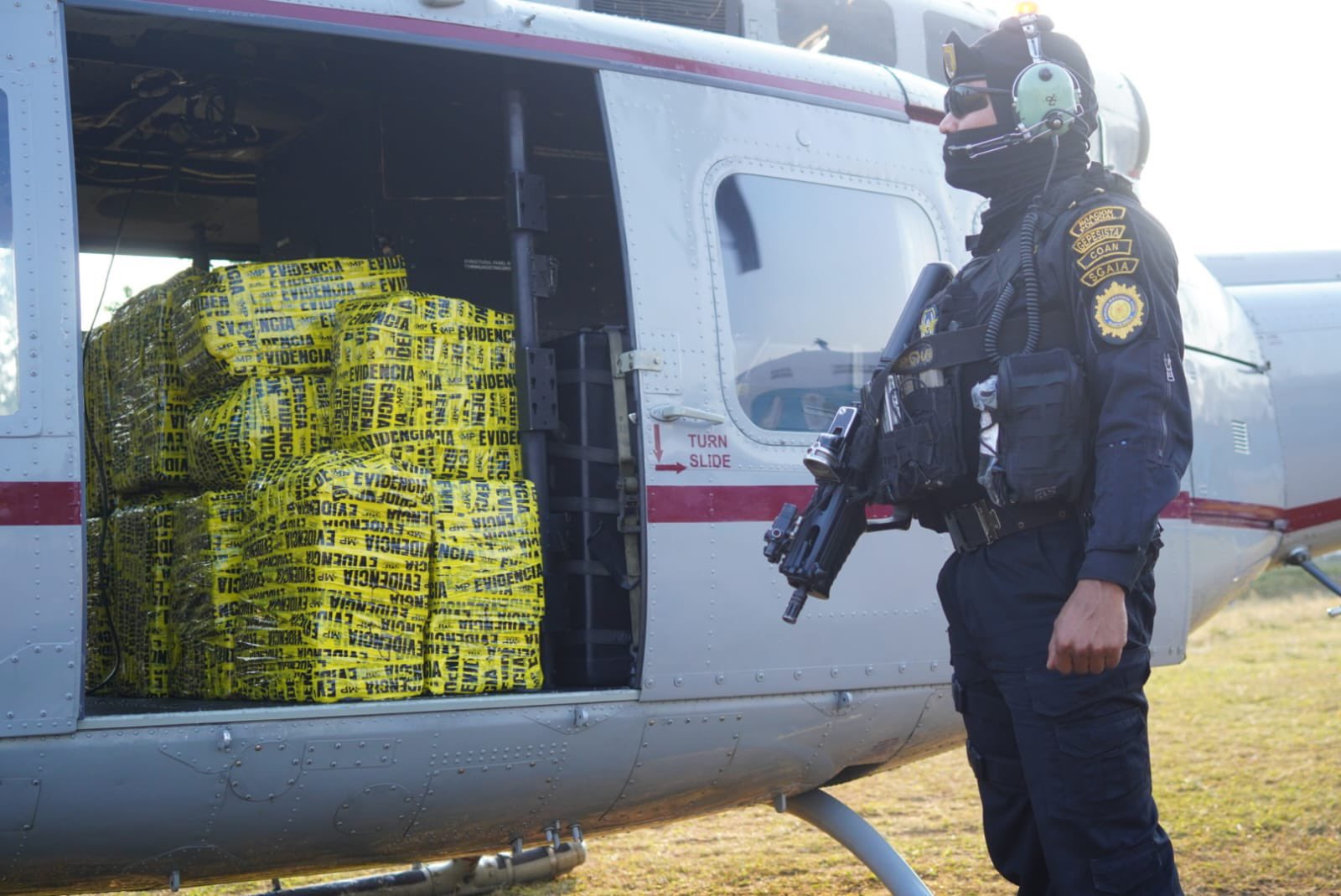
Guatemalan security forces seized more than one metric ton of cocaine on Sunday after discovering the drug hidden inside containers filled with flour at a Pacific port, police said.
The cocaine was found inside two shipping containers at Puerto Quetzal, located about 85 kilometers south of Guatemala City in the southern department of Escuintla, according to a police statement.
Authorities reported that 1,039 rectangular packages of cocaine were concealed inside bags of flour, with a total weight of 1,240 kilograms. No arrests were reported in connection with the operation.
Police said the shipment’s country of origin was not disclosed, and the seized drugs were airlifted to secure storage facilities in the capital for safekeeping.
International drug cartels frequently use Central America as a transit route for cocaine shipments bound for the United States, the world’s largest consumer of the drug.
Central America
Guatemala’s president rules out negotiations with inmates after prison riots
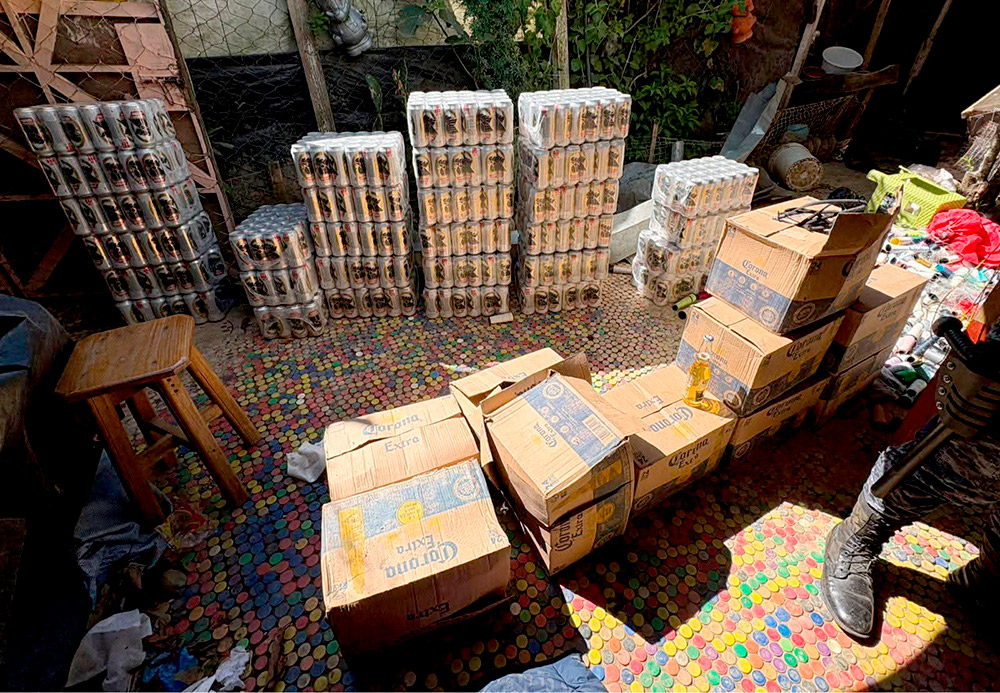
Guatemalan President Bernardo Arévalo stressed that his administration will not negotiate with inmates nor restore concessions granted under previous governments, insisting that the Executive’s priority is to maintain control of the prison system and restore order in detention centers.
Arévalo said one of the key measures implemented by authorities was the blocking of mobile phone signals inside prisons, an action he described as decisive in regaining control of the Renovación 1 penitentiary.
The riots reported at Renovación 1, Fraijanes 2, and the Preventive Detention Center for Men in Zone 18 of Guatemala City were aimed at pressuring the state to recover privileges that had been recently revoked, Arévalo said during a press conference held Wednesday at the National Palace of Culture.
The president explained that inmates were seeking to reinstate special detention conditions, including air conditioning, king-size beds, and internet access, benefits that he said were eliminated by the current administration.
“They attempted to extort the state in order to return to that system of privileges, but they failed,” Arévalo emphasized.
Central America
Mazatenango Carnival cancelled amid State of Siege in Guatemala
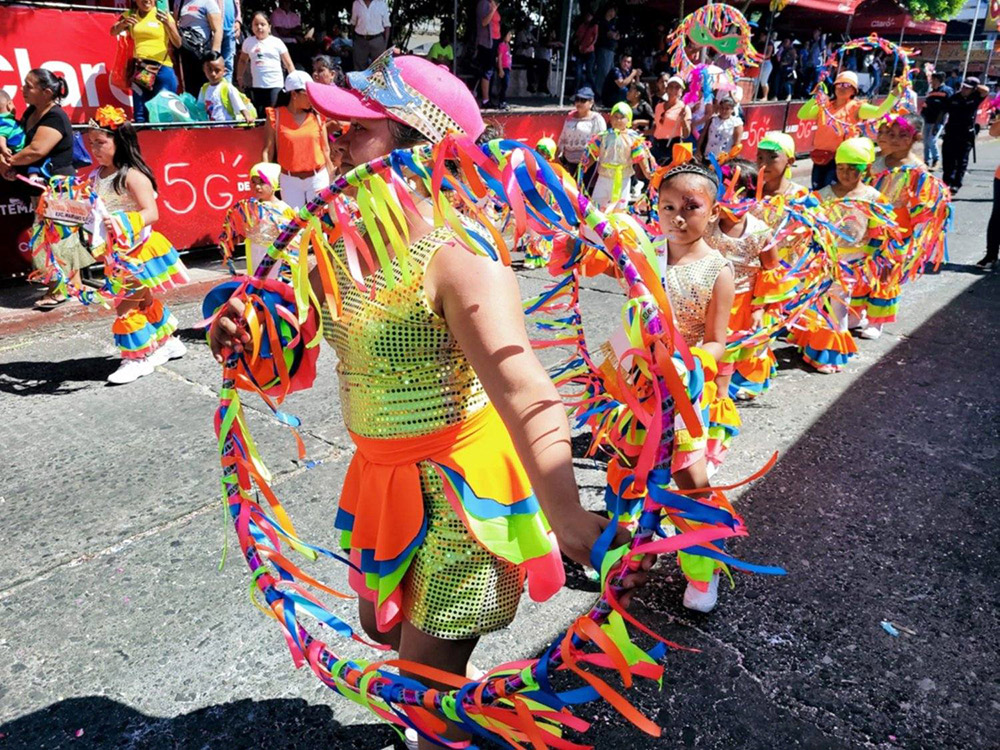
The municipal government of Mazatenango, in the department of Suchitepéquez, Guatemala, has cancelled the city’s traditional Carnival as a security measure aimed at protecting visitors and residents.
The decision was announced on Tuesday through the municipality’s official Facebook page and comes as a preventive action amid the state of siege declared by the national government last Sunday.
The Mazatenango Carnival, one of the country’s most emblematic festivities, boasts more than 140 years of traditionand typically draws large crowds from across Guatemala and neighboring regions. Its program usually includes parades of floats, the traditional “Rabbit Race,” street dancing and live music, concerts, and cultural events in the Central Plaza.
According to the official statement, the cancellation responds to the current security context and the restrictions associated with the state of siege, prioritizing public safety.
Municipal authorities clarified that the scheduled concert by La Arrolladora Banda El Limón will still take place separately and will be the sole responsibility of the private production company, independent of the cancelled carnival activities.
-

 International4 days ago
International4 days agoTrump to invite Venezuela’s interim president Delcy Rodríguez to Washington
-

 Central America4 days ago
Central America4 days agoMazatenango Carnival cancelled amid State of Siege in Guatemala
-

 International4 days ago
International4 days agoMarkets rise as Trump halts Europe tariffs and floats Greenland agreement framework
-
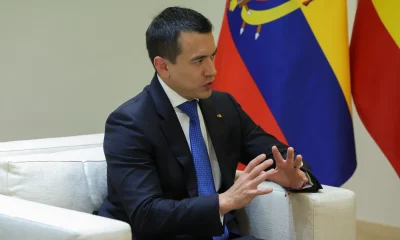
 International5 days ago
International5 days agoColombia slams Ecuador’s 30% tariff as ‘economic aggression’
-

 International4 days ago
International4 days agoVenezuela’s interim president predicts 37% increase in revenues for 2026
-

 Internacionales3 days ago
Internacionales3 days agoMajor winter storm threatens “catastrophic” ice and snow across much of the U.S.
-

 International2 days ago
International2 days agoTrump-Era Defense Plan Prioritizes Border Security and Scales Back Global Commitments
-

 International4 days ago
International4 days agoFour minors killed in deadly clash between FARC dissidents in Colombia’s Amazon
-

 International4 days ago
International4 days agoJapan reopens Kashiwazaki-Kariwa Plant despite public concerns
-

 Central America3 days ago
Central America3 days agoGuatemala’s president rules out negotiations with inmates after prison riots
-

 International3 days ago
International3 days agoGuatemala considers sending high-risk gang members to military prisons
-

 International2 days ago
International2 days agoBogotá and Quito Seek Dialogue After Tariffs and Power Cut Escalate Tensions
-
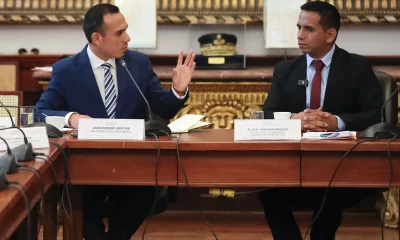
 International5 days ago
International5 days agoJosé Jerí claims destabilization attempt after videos of secretive meetings surface
-

 International1 day ago
International1 day agoDelcy Rodríguez seeks political agreements after Maduro’s ouster
-

 International3 days ago
International3 days agoRights group says over 5,000 killed in Iran protests, mostly civilians
-

 International1 day ago
International1 day agoFederal immigration agents kill man in Minneapolis, sparking protests and outrage
-

 Central America5 hours ago
Central America5 hours agoGuatemala seizes over a ton of cocaine hidden in flour at Pacific port
-

 International5 hours ago
International5 hours agoEU launches new probe into X over AI-generated fake nude images
-

 International5 hours ago
International5 hours agoVenezuela frees at least 80 political prisoners, NGO says
-

 International4 hours ago
International4 hours agoSpain’s irregular migrant population rises to 840,000, study finds
-

 International5 hours ago
International5 hours agoFrance debates ban on social media for children under 15
-

 International5 hours ago
International5 hours agoRights group says nearly 6,000 killed in Iran protest crackdown
-

 International4 hours ago
International4 hours agoHistoric snowstorm paralyzes Toronto after 60 centimeters of snow
-

 International5 hours ago
International5 hours agoSevere winter storm grips U.S., leaves multiple dead as extreme cold persists


























